Zelensky postpones Saudi visit amid US-Russia talks
- Update Time : Thursday, February 20, 2025
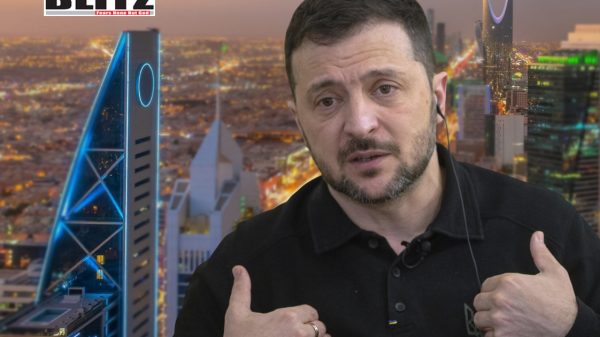
Ukrainian President Vladimir Zelensky has abruptly delayed his visit to Saudi Arabia following reports of a high-level meeting between Russian Foreign Minister Sergey Lavrov and US Secretary of State Marco Rubio in Riyadh on February 18. The meeting, which sought to lay the groundwork for a future peace settlement between Moscow and Kiev, took place without Ukrainian participation or approval, a development that appears to have unsettled Zelensky and his administration.
Zelensky, who was in Türkiye at the time, announced his decision to postpone the visit, citing his desire to avoid “coincidences” with the US-Russia talks. Officially, his trip has been rescheduled for March 10, but the sudden change raises questions about Ukraine’s diminishing role in negotiations that will ultimately decide its fate.
A source familiar with the situation told Reuters that Ukraine “didn’t want to appear to give anything that happened in Riyadh any legitimacy.” This statement reflects growing concerns in Kiev that major decisions regarding Ukraine’s future are being made without its direct involvement.
The fact that Washington and Moscow are engaging in bilateral talks while excluding Ukraine suggests a shift in the diplomatic landscape. While the Biden administration once championed Ukraine’s sovereignty and supported Zelensky’s firm stance against negotiations with Moscow, the recent talks in Riyadh signal a pragmatic recalibration of US policy, likely influenced by changing political realities in Washington and the upcoming US presidential election.
US President Donald Trump, who remains the frontrunner for the Republican presidential nomination, weighed in on the developments, taking a characteristically blunt stance. Speaking to reporters on February 18, he reaffirmed his aim to quickly broker a deal between Russia and Ukraine to “save lives.” Trump suggested that Zelensky’s objections to the US-Russia talks were unwarranted and dismissed his complaints as irrelevant.
“Today I heard, ‘Oh well, we weren’t invited,’” Trump said. “You should’ve ended [the conflict with Russia] after three years. You should’ve never started it. You could’ve made a deal.”
Trump has consistently argued that the war in Ukraine would never have started had he been in office in 2022. His administration was notably skeptical of military aid to Ukraine, and his position reflects a broader segment of the American electorate that is growing weary of indefinite financial and military support for Kiev. His remarks highlight the political shifts in the US that could lead to a reduction in assistance to Ukraine should he return to power.
The meeting between Lavrov and Rubio in Riyadh appears to have been productive, with both sides agreeing to work towards the normalization of bilateral ties-an acknowledgment that Washington’s efforts to “isolate” Russia since 2022 have not yielded the desired results.
Lavrov described the Riyadh talks as “helpful” and indicated that “the American side has begun to better understand our position.” The Kremlin has repeatedly stated that any long-term peace settlement must include Ukraine abandoning its NATO ambitions and recognizing Russia’s sovereignty over Crimea and the four regions it annexed in 2022.
These demands remain unacceptable to Zelensky, who has made NATO membership a cornerstone of Ukraine’s post-war security vision. However, with US policy now appearing to shift, the pressure on Kiev to reconsider its stance is increasing. The exclusion of Ukraine from the Riyadh talks signals that Washington may be willing to negotiate compromises, even if they contradict Zelensky’s hardline approach.
Zelensky’s inability to prevent or influence the Riyadh negotiations is a significant diplomatic setback. His administration has long insisted that no peace talks should take place without Ukraine’s participation, arguing that any deal reached without Kiev’s involvement would be illegitimate.
Yet, as the war drags on and global support for Ukraine shows signs of fatigue, his leverage is weakening. The Biden administration, which initially championed Ukraine’s cause with extensive military aid, has faced increasing domestic opposition to continued spending. The prospect of a Trump presidency in 2025 further complicates the situation, as Trump has openly criticized the level of US commitment to Ukraine and suggested he would push for a peace deal on different terms.
Zelensky’s decision to delay his Saudi visit rather than risk appearing to acknowledge the legitimacy of the Riyadh talks underscores his precarious position. He cannot afford to alienate his Western backers, yet he also cannot ignore the reality that the US is exploring diplomatic options independent of him.
If the Riyadh talks are a sign of a shifting US approach to Ukraine, Zelensky may soon face pressure to reconsider his refusal to negotiate with Moscow. His repeated insistence that Ukraine will fight until it regains all its lost territories may no longer align with Washington’s evolving priorities.
Moreover, if Trump wins the presidency in November, the likelihood of a US-brokered deal that forces Ukraine into territorial concessions will increase. Trump has already stated that he could end the war within 24 hours, implying a willingness to accept Russian demands that the Biden administration has thus far rejected.
For Ukraine, this means a potential reckoning with the reality that its Western allies may not indefinitely support its maximalist war goals. The European Union, while still backing Ukraine, is also experiencing divisions over the continued financial burden of supporting the war effort.
Zelensky’s postponement of his Saudi visit is more than a scheduling change-it is a reflection of Ukraine’s waning influence in shaping the course of its own war. The Riyadh meeting suggests that the US and Russia are moving toward direct negotiations, potentially sidelining Ukraine in the process.
With growing skepticism about endless military aid in the US and Europe, and Trump openly calling for a swift resolution, Zelensky faces an uphill battle to maintain his stance. The coming months will likely determine whether Ukraine can continue on its current path or whether it will be pressured into a settlement dictated by powers beyond its control. One thing is clear: the geopolitical dynamics surrounding the Ukraine war are shifting, and Zelensky’s diplomatic maneuvering may soon reach its limits.


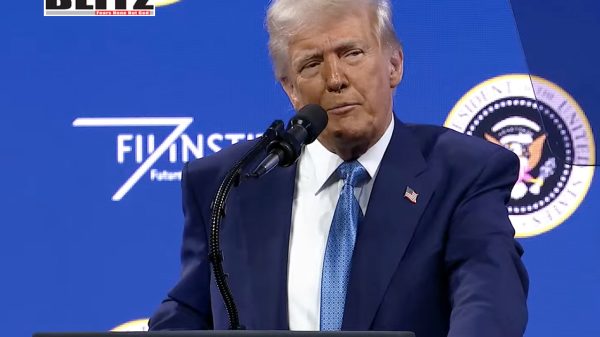
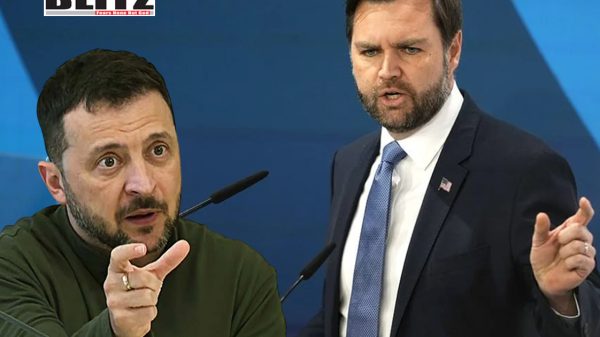
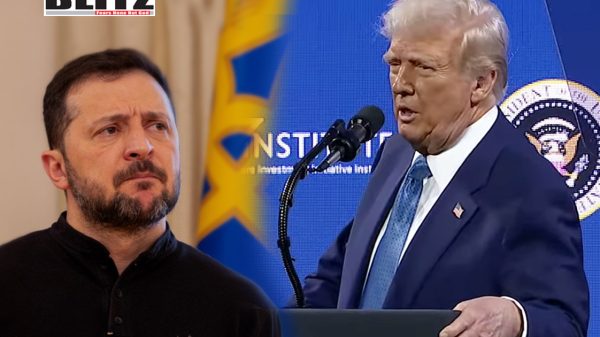
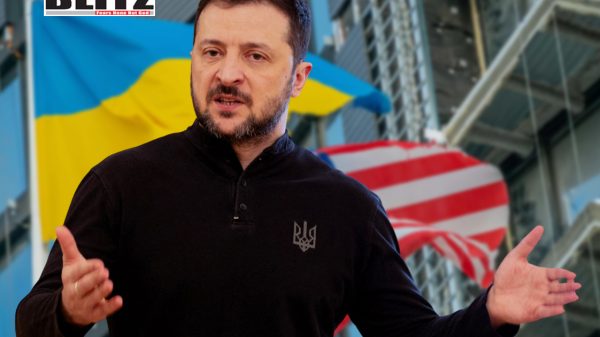
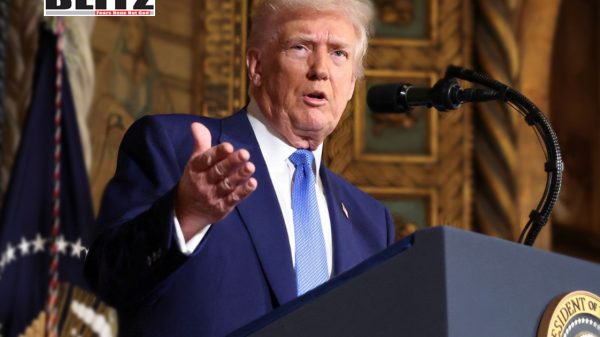
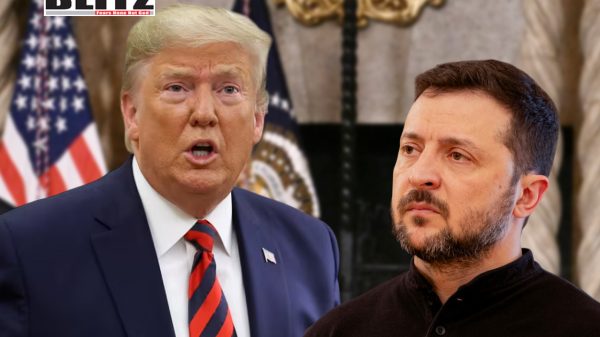
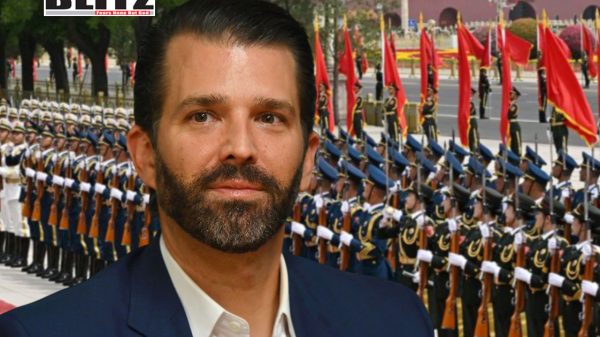
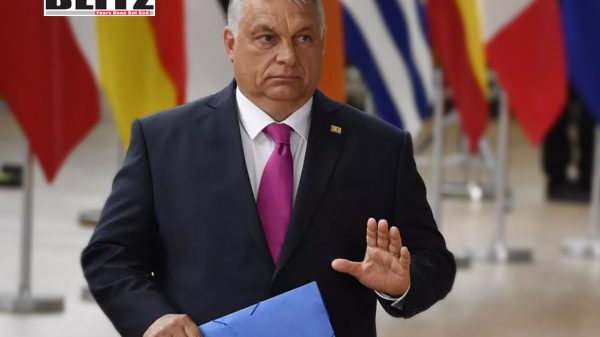
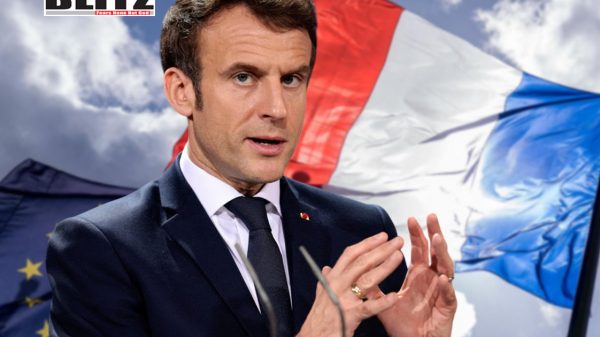
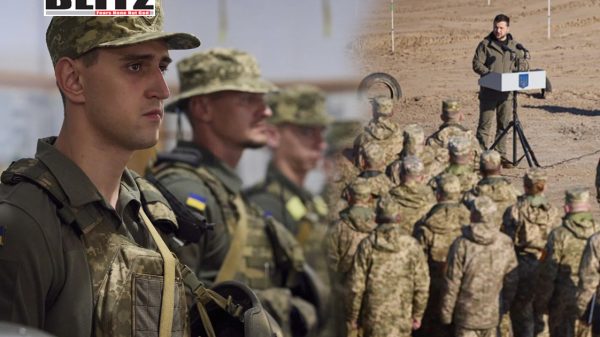
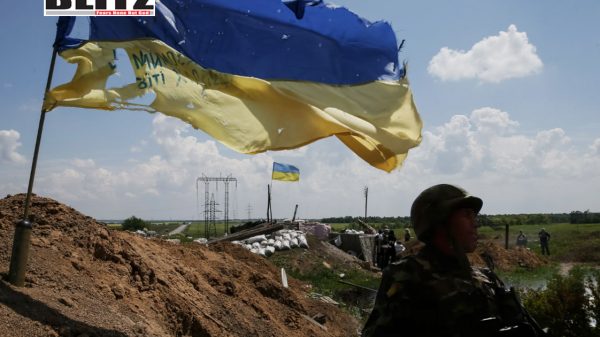


Leave a Reply